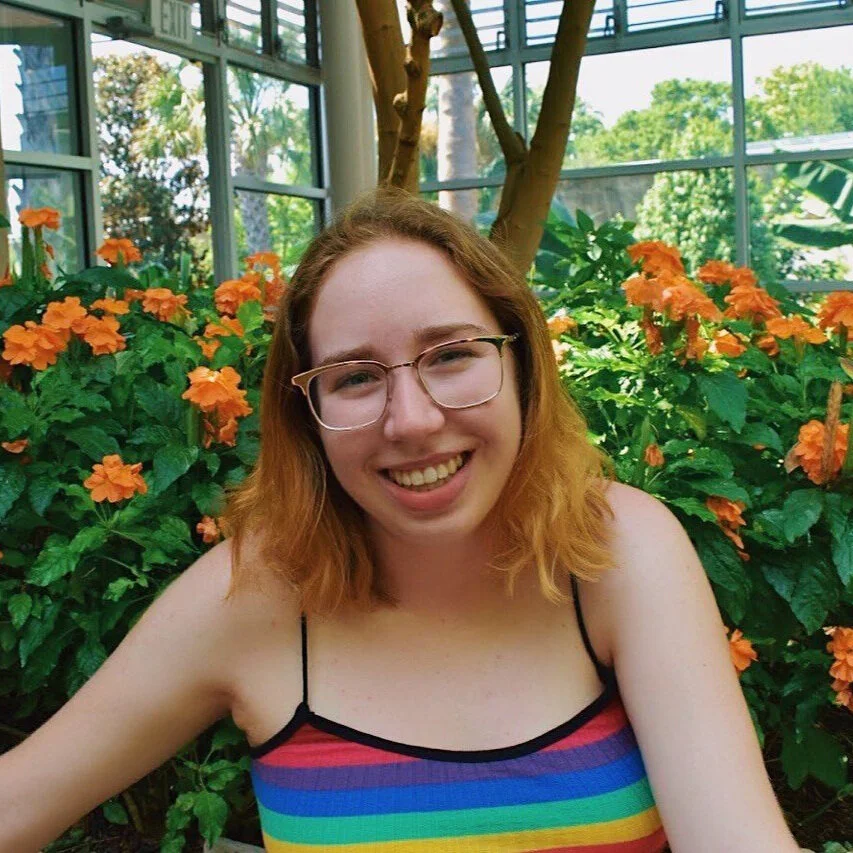Saudi Arabia has received criticism in recent months for its continued imprisonment of five women’s rights activists: Loujain al-Hathloul, Samar Badawi, Nassima al-Sada, Nouf Abdulaziz and Maya’a al-Zahrani, who were all arrested in 2018. Seven European human rights ambassadors, as well as rights group Amnesty International, have called for the release of these five women’s rights activists and declared that peaceful activism is not a crime.
On Nov. 29, these seven ambassadors argued for the release of all political detainees, including the five Saudi Arabian women’s rights activists. Their statement also expressed regret that the cases of two of the activists, Hathloul and Badawi, have been referred to the Special Criminal Court, which tries terrorism and national security cases.
Hathloul, the most high-profile of the five activists, was arrested in May 2018 during a sweep targeting opponents of Saudi Arabia’s law prohibiting women from driving, just a few weeks before the ban was lifted. Hathloul’s activism consisted of peaceful protests, most conducted through social media, such as a video of herself driving posted in 2013. After her 2018 arrest, Hathloul was held without charges for 10 months, denied any outside communication for the first three months, and was tortured throughout. In March 2019, she was finally charged with promoting women’s rights, protesting for the end of Saudi Arabia’s male guardianship system, and communicating with other activists as well as international organizations and the media. On Nov. 25, 2020, Hathloul appeared in court again, reportedly weak from a two-week hunger strike protesting the conditions of her imprisonment. Her case was transferred to the Special Criminal Court.
Sign up for our newsletter here!Badawi, Sada, Abdulaziz and Zahrani were arrested during the same sweep as Hathloul in 2018, along with eight other women who have since been released. Like Hathloul, the four other women protested the state of women’s rights in Saudi Arabia, specifically the driving ban on women and the male guardianship system. This process forces women to have a male guardian who makes important decisions, such as her ability to work or access health care, for her. Abdulaziz and Zahrani both worked as journalists before their arrests, as well as running blogs where they wrote about women’s rights.
On Oct. 26-27, Saudi Arabia hosted this year’s virtual B-20 summit, a subgroup of the G-20 summit, which aims to prevent international crises. The G-20 group is made up of 19 countries and the European Union. The B-20 summit is made up of businesses from the G-20 group and focuses on business policy development. In 2020, women’s empowerment was one of the key topics at the B-20 summit, despite Saudi Arabia’s continued detainment of women’s rights activists. Amnesty International urged participants not to “be fooled by this shameless hypocrisy” and to support human rights over business opportunities. Amnesty International also released a statement on Nov. 19, before the Saudi-hosted G-20 summit took place virtually, urging G-20 leaders to call for the “immediate and unconditional release” of the activists.
Saudi Arabia has rejected the calls to release the five women, and they and other human rights activists remain in prison.
Sign up for our newsletter here!To Get Involved:
Donate to Front Line Defenders, which protects and supports human rights activists around the world, by clicking here.
Learn more about the situation in Saudi Arabia by visiting Amnesty International, which campaigns for global human rights, by clicking here, or find Amnesty International petitions and volunteer or donation opportunities by clicking here.
Sign up for our newsletter here!Rachel Lynch
Rachel is a student at Sarah Lawrence College in Bronxville, NY currently taking a semester off. She plans to study Writing and Child Development. Rachel loves to travel and is inspired by the places she’s been and everywhere she wants to go. She hopes to educate people on social justice issues and the history and culture of travel destinations through her writing.











